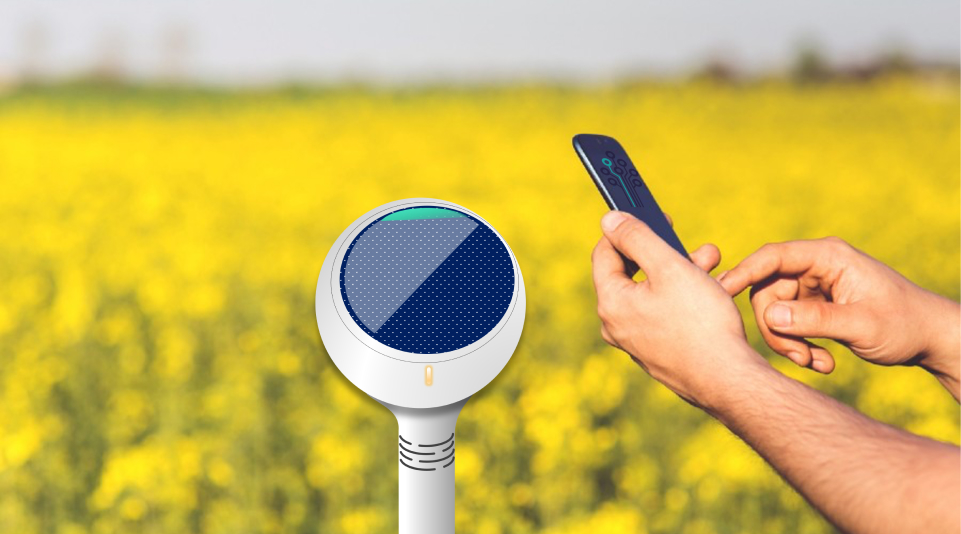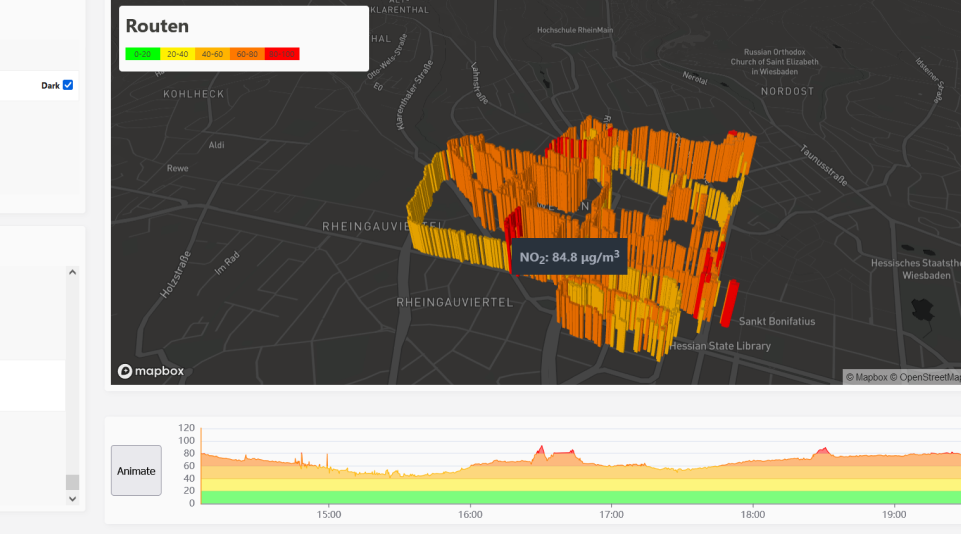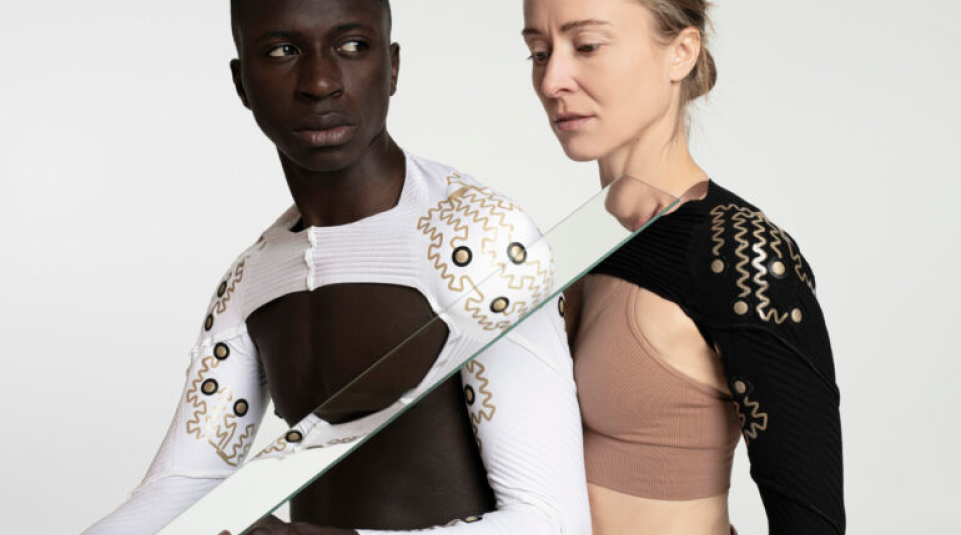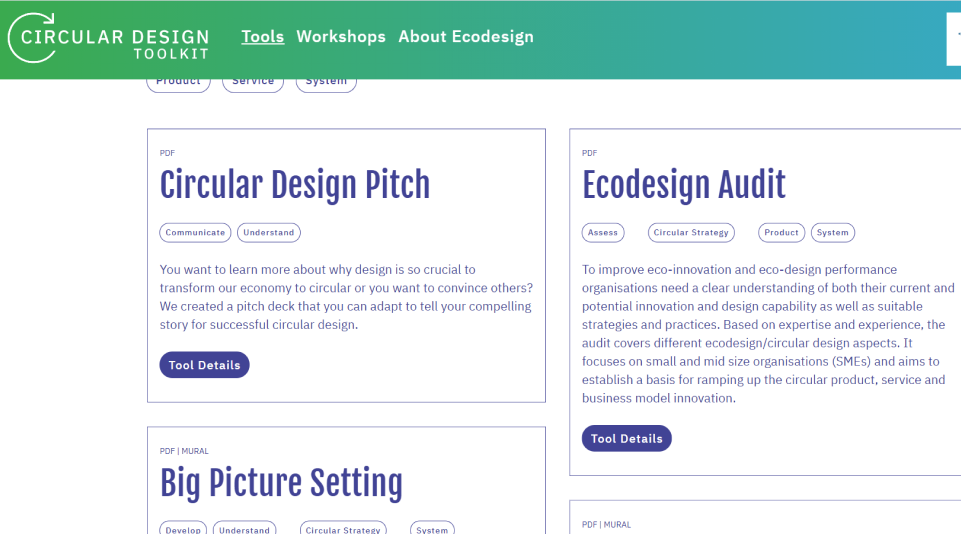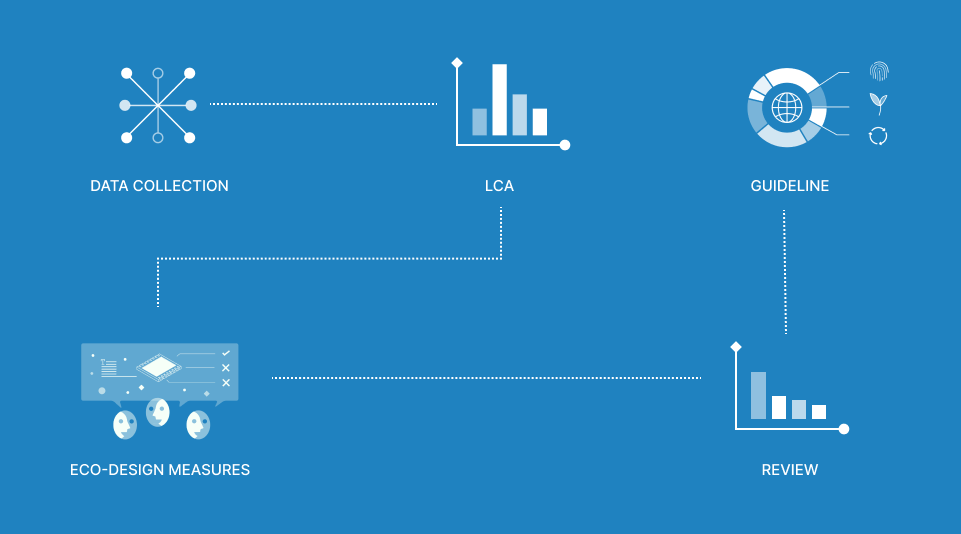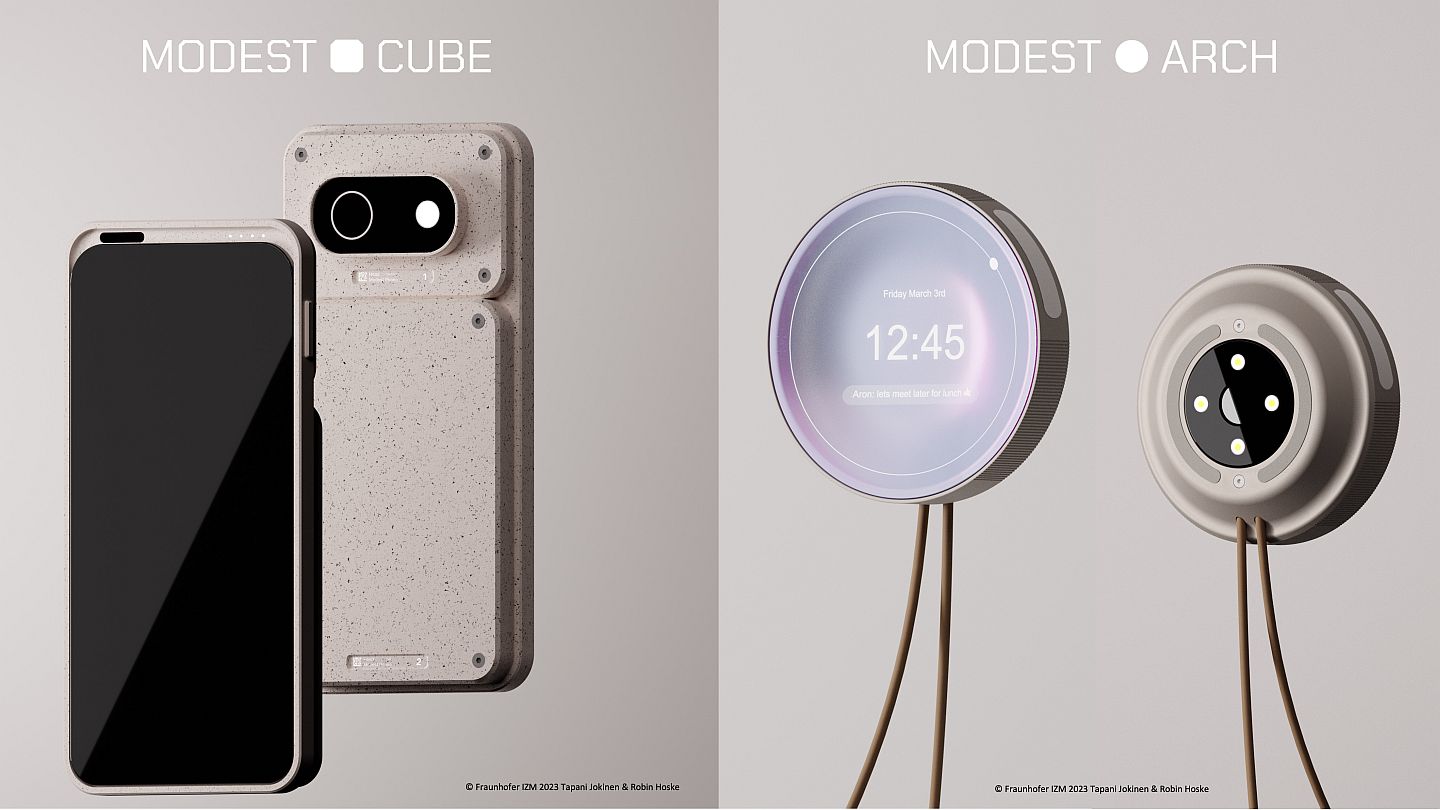Our mission
We combine human-centred design and life-cycle thinking with newest insights from applied research to develop sustainable technologies and products, as well as business, service and ecosystem solutions.
With our experience in identifying user needs, customer demands, upcoming legislation and societal trends we help you to define requirements and translate them into sustainable technology solutions that contribute to a circular economy.
 Fraunhofer Institute for Reliability and Microintegration IZM
Fraunhofer Institute for Reliability and Microintegration IZM

